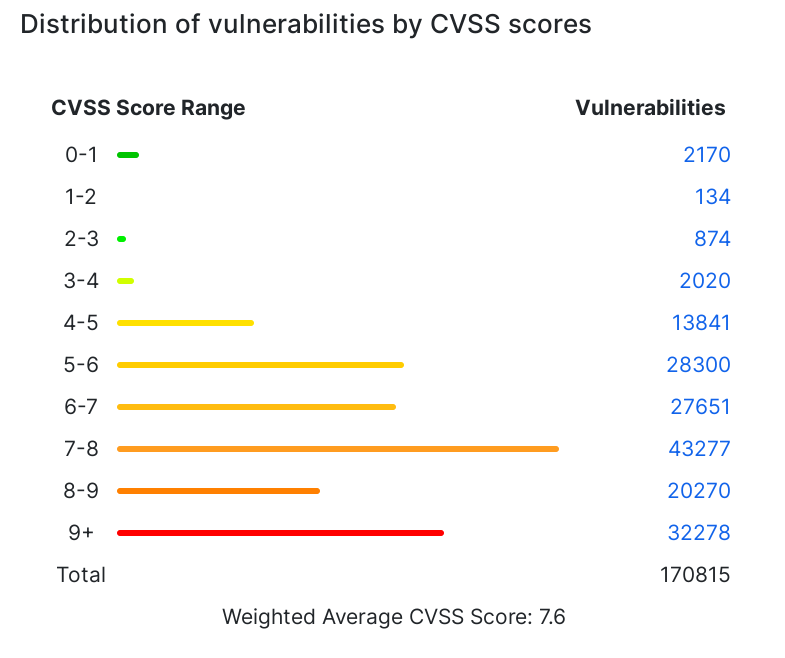

As someone who works in gamedev, I’m sure that some of the people there are passionate about it and it is gutwrenching to see your work fail so hard. I’m sad for every project that launches after years of work and fails to get any attention or sales, and I’m definitely sure there’s someone losing sleep due to that.
I never worked in super-large projects, but I did work for a AAA studio and even there, you got people invested into the project.
From how I’ve seen it, you wouldn’t work in gamedev unless you are passionate about it, because you can get drastically better pay for the same job in other, more business focused, industries. So, if all you cared about is money, you have better options.









it’s also important to keep in mind that the cybersecurity field has adbanced tremendously, with cloidfare, EDRs, and in general it is now way harder to do anything anonymously without getting caught, quickly. This also males the field of hacking way more difficult to get in, which combined with reduced attention span of younger generations probably means there’s not that many bored teens willing to put the time in, and as an adult you have way much more to loose, so for hose who had the skills it would be a lot greater risk.